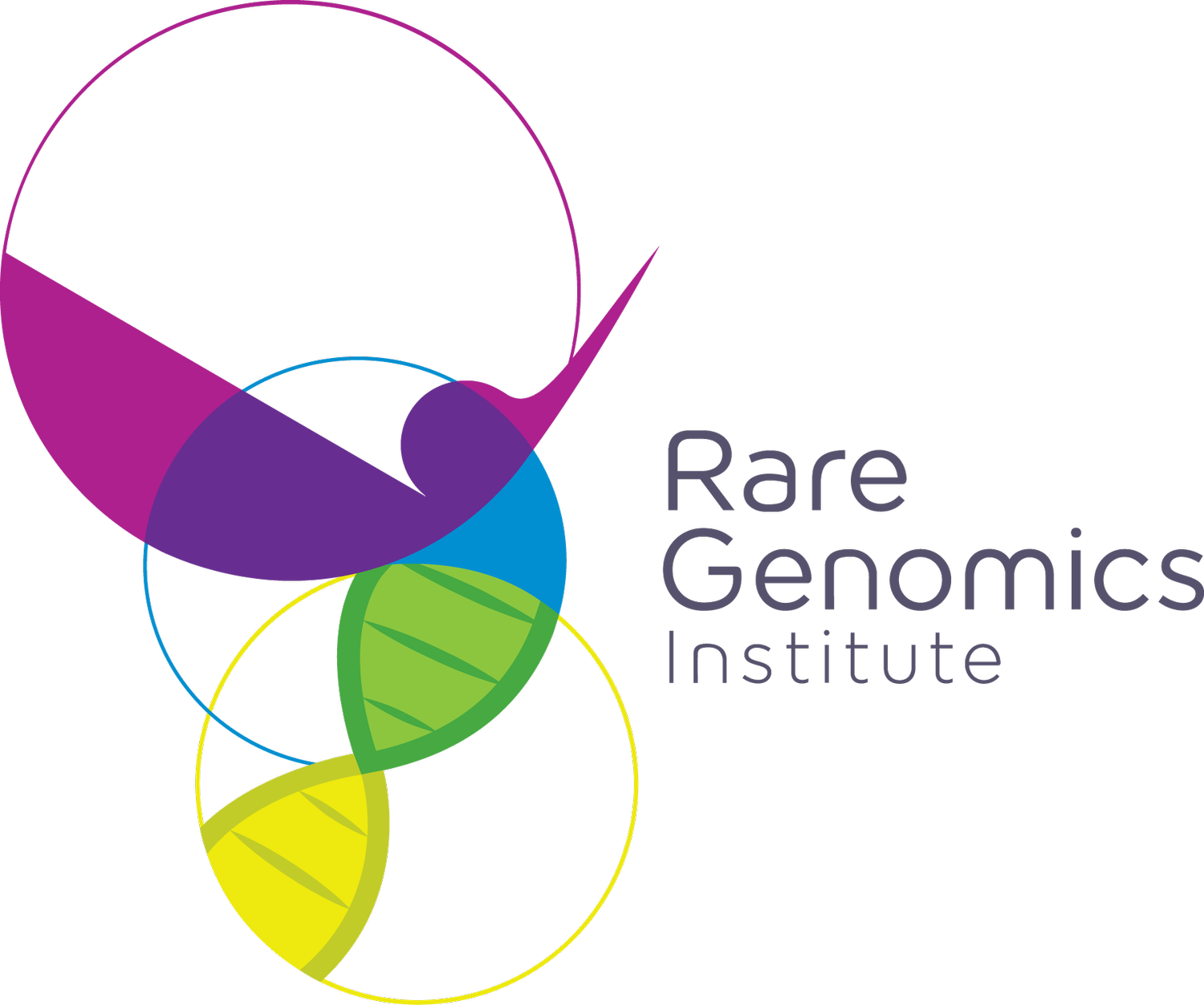
News, Events & Blogs
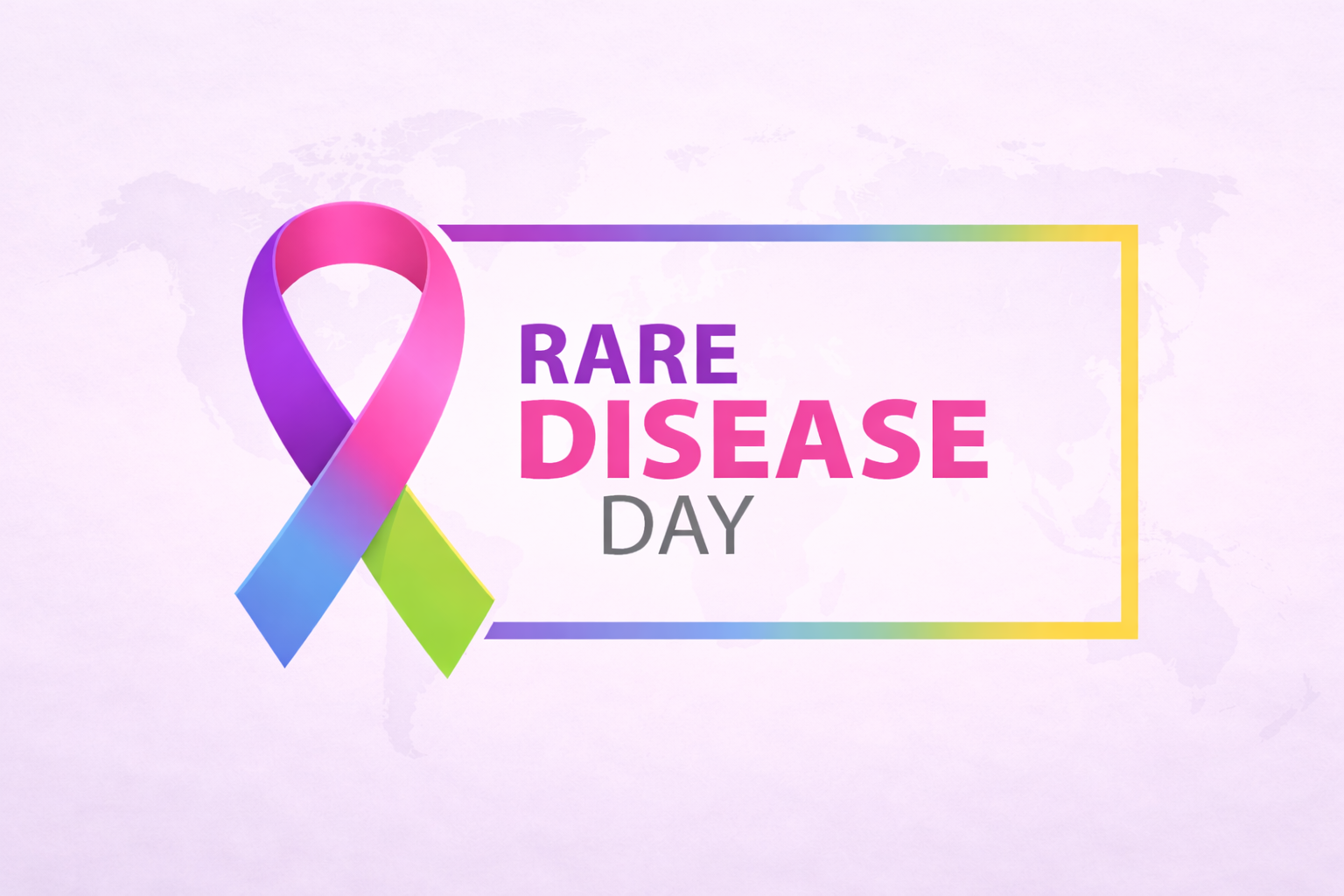
Why February 29th? The History Behind Rare Disease Day
More than 7,000 rare diseases affect an estimated 1 in 10 Americans, yet public awareness remains limited. Rare Disease Day, established in 2008 by EURORDIS, unites over 100 countries each year to promote research, health equity, and global advocacy. Through education, policy initiatives, and patient-driven storytelling, the movement continues to amplify voices that are too often unheard.

Redefining the future of Rare Diseases: The Power of Gene Therapy
Approximately 7,000 rare diseases are known today, and about 80% of them have a genetic basis. For many, there are no approved treatments. Gene therapy provides a personalized approach by addressing the underlying mutation.

The Future of Rare Disease Research
Rare diseases may affect only a handful of people, but together they impact more than 400 million people worldwide—that’s roughly 1 in 17 people. Historically, they’ve been neglected because of small patient populations and fragmented research efforts. But today, thanks to new technologies and global collaboration, the future of diagnosis and treatment has never looked brighter.
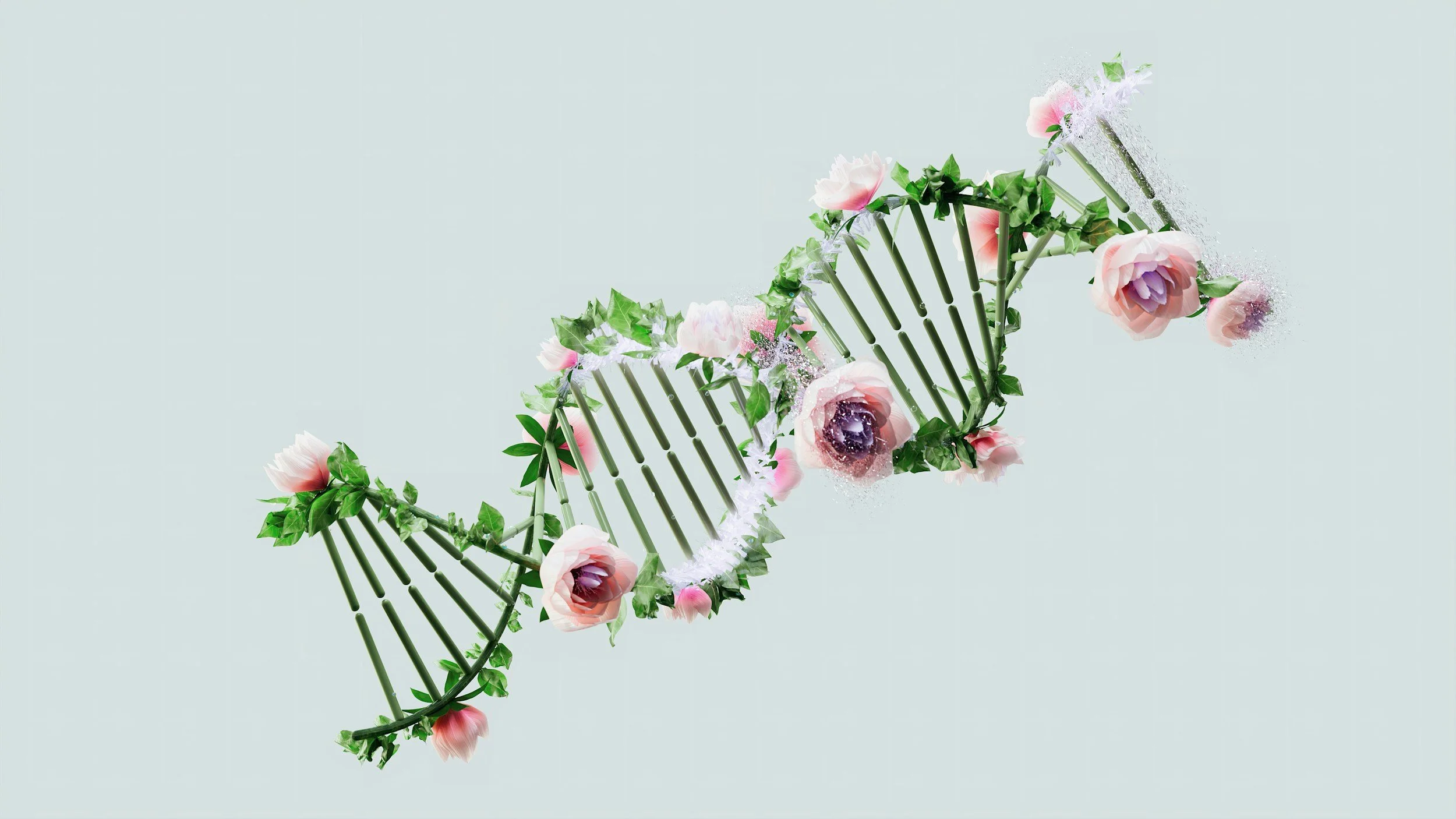
Precision Genomics for Rare Diseases: Shaping the Future of Treatment
The intersection of genomics and personalized medicine has transformed the landscape of healthcare. The Rare Genomics Institute (RG) emphasizes leveraging cutting-edge genomic technologies to identify the genetic basis of undiagnosed rare diseases and empowering patients with resources and the latest research. RG stands out from other organizations focused on rare diseases through its unique patient-centered approach. So far, RG has coordinated over 380 genetic sequencing projects and served over 825 families.

Finding Emotional & Mental Health Support for Patients & Caregivers
Living with a rare disease—or caring for someone who does—comes with unique emotional and mental health challenges. Feelings of isolation, anxiety, and uncertainty about the future are common. However, support is available. This blog will explore the emotional impact of rare diseases, coping strategies, and resources for mental health support.

Breaking Down Genetic Testing: What Patients and Families Need to Know
Genetic testing can be a powerful tool for diagnosing rare diseases, understanding hereditary risks, and guiding treatment decisions. However, for many patients and families, the process can seem overwhelming or confusing. This blog will break down what genetic testing is, the different types available, how to access testing, and what to do with the results.
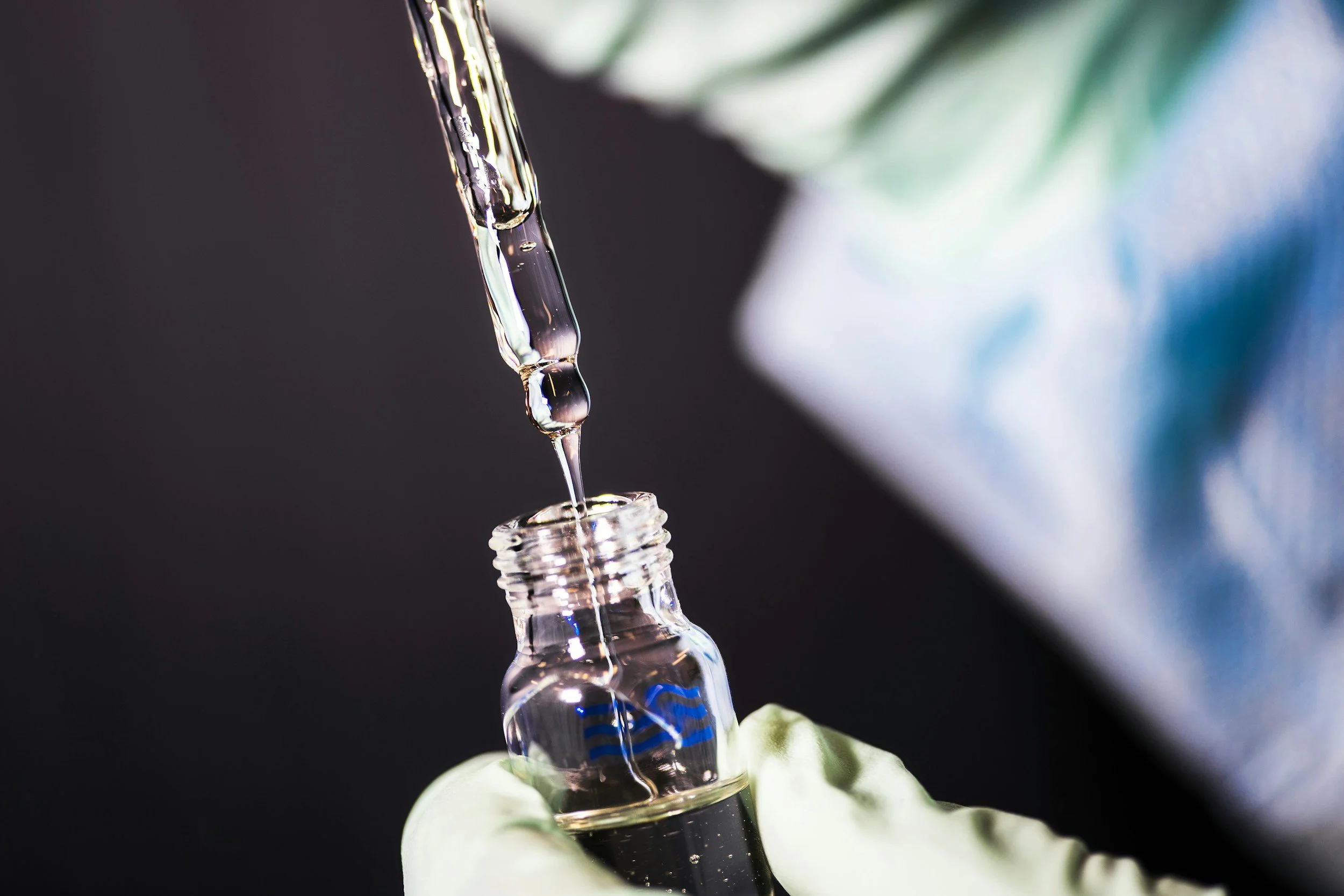
Navigating Clinical Trials: A Guide for Rare Disease Patients
A condition is defined as a rare disease if it affects fewer than 200,000 individuals. Approximately 7,000 conditions meet this definition. In 2016, the United States Food and Drug Administration awarded $23 million dollars towards a four year period that supported research for 21 different rare diseases. However, most rare diseases lack disease-modifying therapies or effective medications for several reasons…

2024 Informa Connect Rare Disease Innovation and Partnering Summit
The 2024 Informa Connect Rare Disease Innovation and Partnering Summit will be held this year between March 19th and 21st. It will bring together organizations focused on rare diseases and orphan drug development with patient advocates, patient support/services, market access, and technological development.
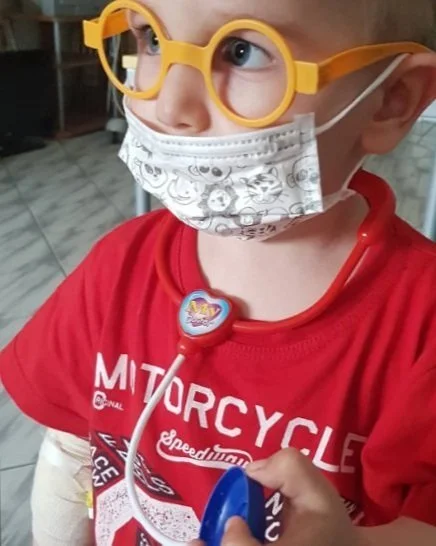
He Suffered from a Rare Cancer Before the Age of Two. What was wrong?
Before the age of two, Viktor Pataki’s parents discovered there was something wrong with their son. His young life was just beginning and they were desperate for answers. Doctors discovered that Viktor had a rare form of cancer called Langerhans Cell Histiocytosis (LCH).
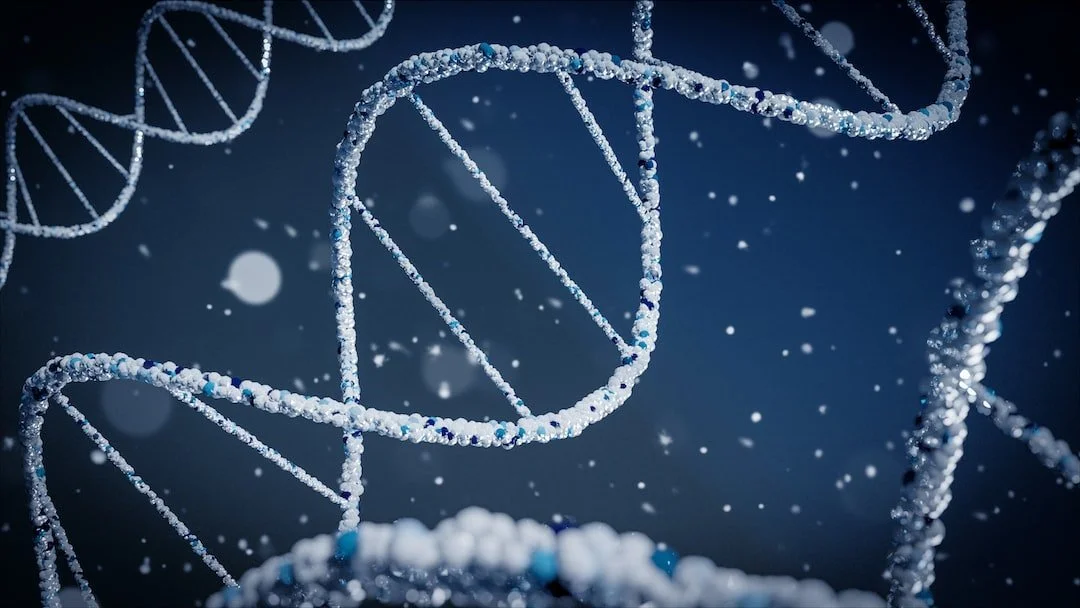
Sometimes, It’s a Zebra
In medical school, many doctors are taught the old saying, “When you hear hoof beats, think horses, not zebras.” This saying means that doctors should generally consider the most likely possibility first when making a diagnosis.
But what do you do when it is a zebra?
What makes a disease rare? In the United States, the Orphan Drug Act defines a disease as rare if it affects fewer than 200,000 Americans or less than one in 2,000 people. A disease is considered ultra-rare if it affects less than one in 50,000 people.
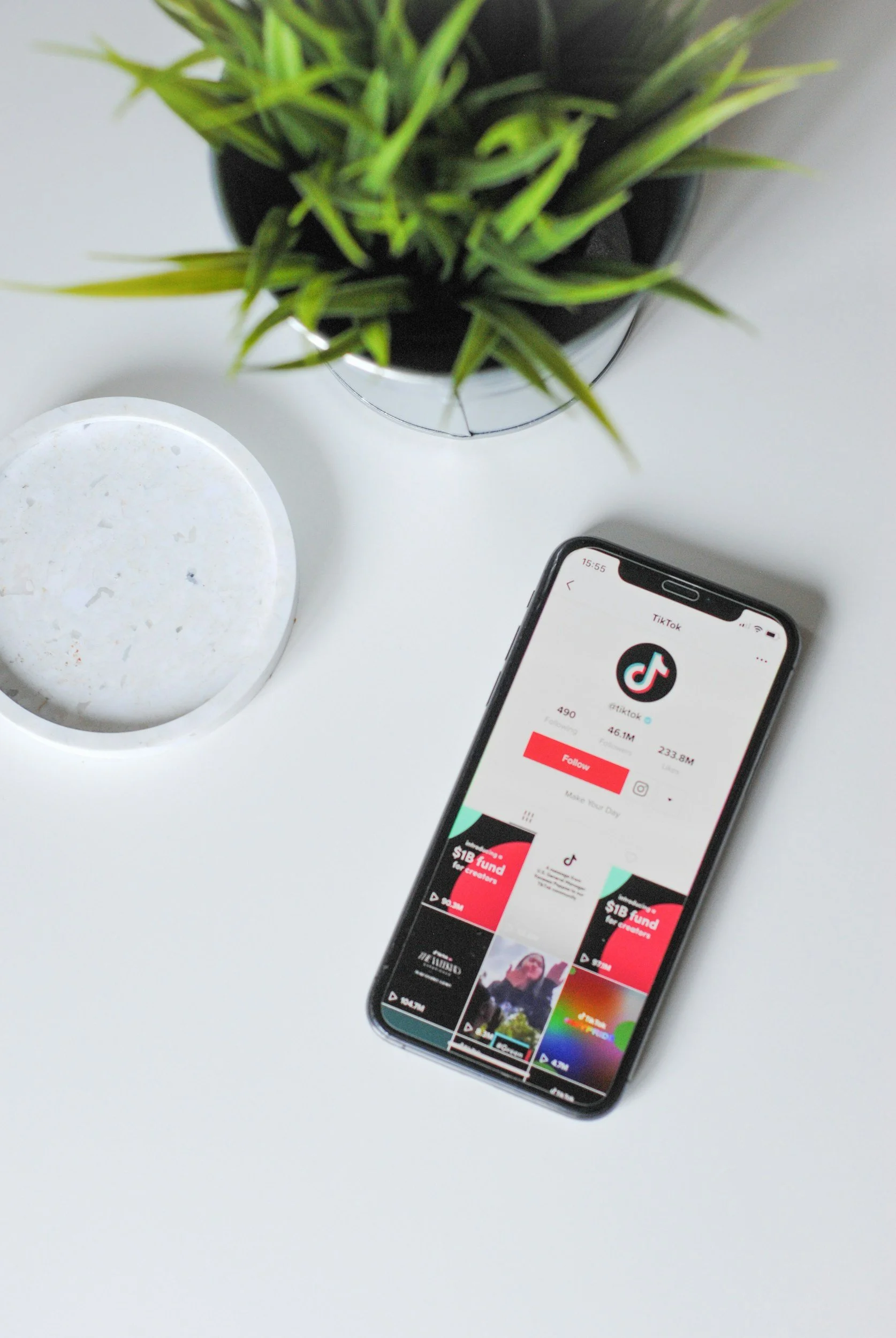
Misdiagnosed With Monkeypox: Understanding How Rare Conditions Are Presented
Even the most qualified medical practitioners make mistakes when attempting to diagnose patients’ rare conditions. Therefore, the average person cannot be held to a high standard when it comes to recognizing whether someone in their lives has a rare disease. It would be nearly impossible for a layperson to identify whether someone they pass by on their daily commute has a disease, let alone a rare one.

Madelaine and Ally's Story
Madelaine had a normal pregnancy and gave birth to a healthy baby named Ally in a small, less than 10,000 person town named Manitoba, Canada. Ally was Madelaine’s second daughter, with her first being her neurotypical eldest daughter, Bethany.

Alex and Caroline’s Story
Caroline Cheung-Yiu is the parent of a child living with a rare disease. Her son Alex is a RareWear participant who was issued a device in connection with the RareWear program which monitors vital signs. Caroline graciously shared her family’s story with us in the hope of helping others who might benefit from the RareWear program.
Interview with RareWear Patient Heidi Woods
The Rare Genomics Institute’s RareWear program connects rare disease patients to medical device providers, which offer free devices to help patients to better monitor and manage their conditions. RareWear is an ongoing program and patients are welcome to apply throughout the year. Learn more about RareWear here: https://www.raregenomics.org/rarewear/home.
Heidi Woods is a RareWear participant who began using her device, a Holter monitor to measure heart rate, earlier this year. Heidi was diagnosed with Ehlers-Danlos syndrome in 2009. Heidi graciously shared her story with us in the hope of helping others who might benefit from the RareWear program.
